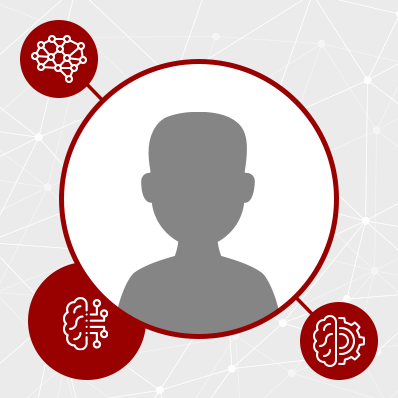Longo, Valter
Professor of Gerontology and Biological Sciences
WE are interested in the biology of aging and neurodegenerative diseases including Parkinson and Alzheimer. Our focus is on the connection between systemic dysfunction and aging and cognitive decline. One of our ongoing questions is how do aging and insulin resistance accelerate brain aging and Alzheimer's disease, with focus on neuroinflammation
Lyden, Patrick
Professor of Physiology and Neuroscience and Neurology
The Lyden lab has been funded by NIH, VA and AHA for over 30 years. The lab is focused on translational pre-clinical stroke modeling, pharmacology, and vascular biology. The lab has considerable experience with a variety of animal models; behavioral testing; histology; and cell biology. The lab was selected by NINDS to develop and manage the Stroke Preclinical Assessment Network (SPAN) as the Coordinating Center. Current projects include studies to determine the mechanisms of differential vulnerability in the neurovascular unit; effects of microglial activation on neuronal survival; and blood brain barrier disruption during stroke and mild traumatic brain injury.
Mack, William
Professor of Neurological Surgery (Clinical Scholar)
Dr. Mack is the Principal Investigator and Director of the Cerebrovascular Laboratory in the Zilkha Neurogenetic Institute. His overarching academic goal is to examine the effects of inflammation in experimental models of cerebrovascular disease.
Mather, Mara
Professor of Gerontology, Psychology, and Biomedical Engineering
The autonomic nervous system plays an underappreciated role in age-related change in the brain and cognition. But the sympathetic hub region in the brain (the locus coeruleus) is one of the first brain regions affected by Alzheimer’s disease pathology and deep sleep, a period of high parasympathetic activity, is critical for clearing out the potentially toxic proteins generated by the brain’s activity during the day (it is the aggregation of such proteins that leads to the hallmark plaques and tangles seen in Alzheimer’s disease). Our research is investigating how both sympathetic and parasympathetic function affect brain function and cognition in aging and how interventions that increase parasympathetic activity may enhance brain function in older adults.
McKemy, David
Professor of Biological Sciences
The McKemy laboratory studies the neurobiological basis of pain, focusing on general somatic sensations of pain, painful neuropathies associated with chronic injury and disease, and the mechanisms that lead to migraine headaches. The lab is also interested in how the microbiome alters general physiological functions that can lead to pain and other disorders.






